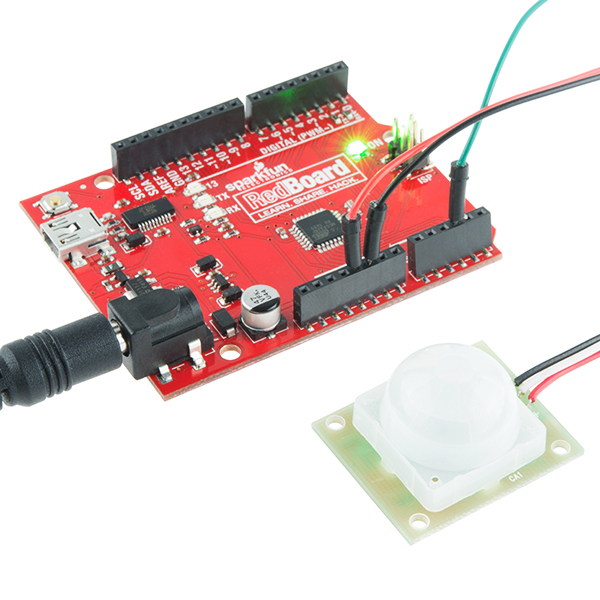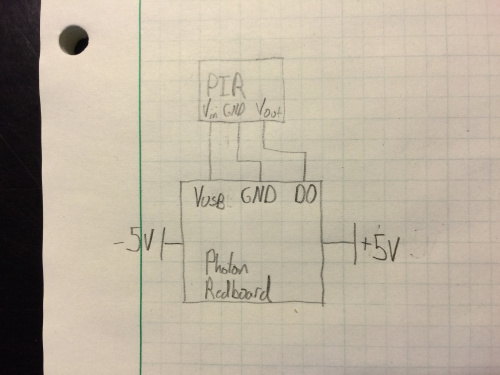Not all projects take me back to college. My college days were long enough ago that phrases and concepts that are de rigueur now simply didn't exist. To time box it for you, I couldn't Google something, and AOL was still a major player. But Wesley, the creator of this month's project, really did take me back.
To see the application of technology now and imagine playing around with it in my classes makes me wonder. I may have even been a better physics student in E&M back then had I had a red board to play around with. I would have had a lot of fun creating a primality tester in Arduino. This guy did.
This month’s project doesn’t really touch on any of that. It takes me back to a different aspect of college -- the roommate experience.
I had roommates in college. For me they came in two forms: people I left completely alone, or good friends I spent a lot of free time with. I think the fact that I didn't have too many roommates that I complained about leads me to the conclusion that I was the roommate other people complained about. It just seems like deductive reasoning; practically everyone knows someone who has that terrible roommate story, and since I don’t have one, I must have been it.
Another thing I know (a lot of facts are strictly subjective in this blog post) is that, when you complained about your college (or postcollege) roommate, it was often because they were taking your stuff. Normally your food. This is why I'm a big fan of Wesley's Food Security System.
Wesley used the SparkFun RedBoard and PIR motion sensor in his Food Security System.
Wesley seems to have this problem. He refuses to name names; this isn't intended for his current roommates, and he hopes he never really needs it. He mentions that it can be used to track other things, such as rats, but I think it’s obvious. Wesley is trying to keep me away from his food. This seems perfectly reasonable.
Here Wesley has all the tools you’ll need to recreate the project. He has his awesome schematic on graph paper (above), he has fairly well-documented code, and it all runs on the RedBoard -- just add the PIR motion sensor.
I should be fair; it takes a little bit more than hooking up those pieces. Wesley is using the Maker channel on IFTTT (If This, Then That). We’re big fans of the IFTTT and the Maker channel specifically. IFTTT helps power a lot of cool IoT (Internet of Things) projects for people who don’t have a single unifying platform for building and hosting their own projects.
People like Wesley are doing fun and useful projects with IFTTT these days, and we are paying attention. That’s our job in strengthening the scientific and technological minds of the future. Learn and then teach again.
Share your DIY projects on IFTTT's Maker Channel.
Wesley Sturdivant is currently studying mechanical engineering at the University of North Carolina at Charlotte. We love seeing students working on projects -- whether they are for classes, self-learning or just for fun, it's great to see such inventive ideas.









